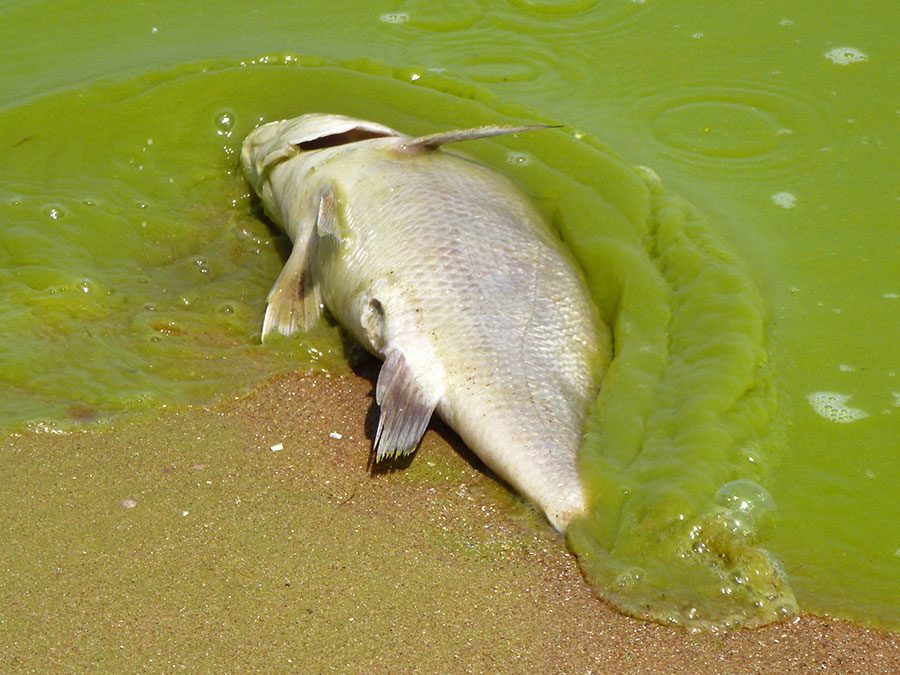Australia Fires
When it rains after bushfires, the consequences stretch way beyond temporary relief for those on the front line — and scientists are warning of potentially dire impacts on our waterways.
As the water fills up with fine sediment and foreign, nutrient-rich material, the water quality can drop very quickly — and stay that way for a long time.
This is because, while it may or may not help firefighters themselves, rain inevitably washes the ash and eroded soil from burnt forests into rivers and streams, shifting the bushfire impact to our crucial freshwater ecosystems.
As soon as a fire has passed and the ash settles on rivers and lakes, bacteria in the water will start consuming the carbon in that ash. In the process of breaking down the carbon, the bacteria will also consume the dissolved oxygen in the water. The more carbon, the more oxygen will be taken out of the system. As a result, changes to the insects and other invertebrates in an ecosystem, along with the influx of nutrients from the ash, can result in the growth of cyanobacteria — commonly known as blue-green algae (but it’s not actually algae).
Cyanobacteria produce chemicals which may cause a range of water quality problems, starting with poor taste and odour, according to Stuart Khan, an urban water management expert at the University of New South Wales.
ABC, Jan 2020

